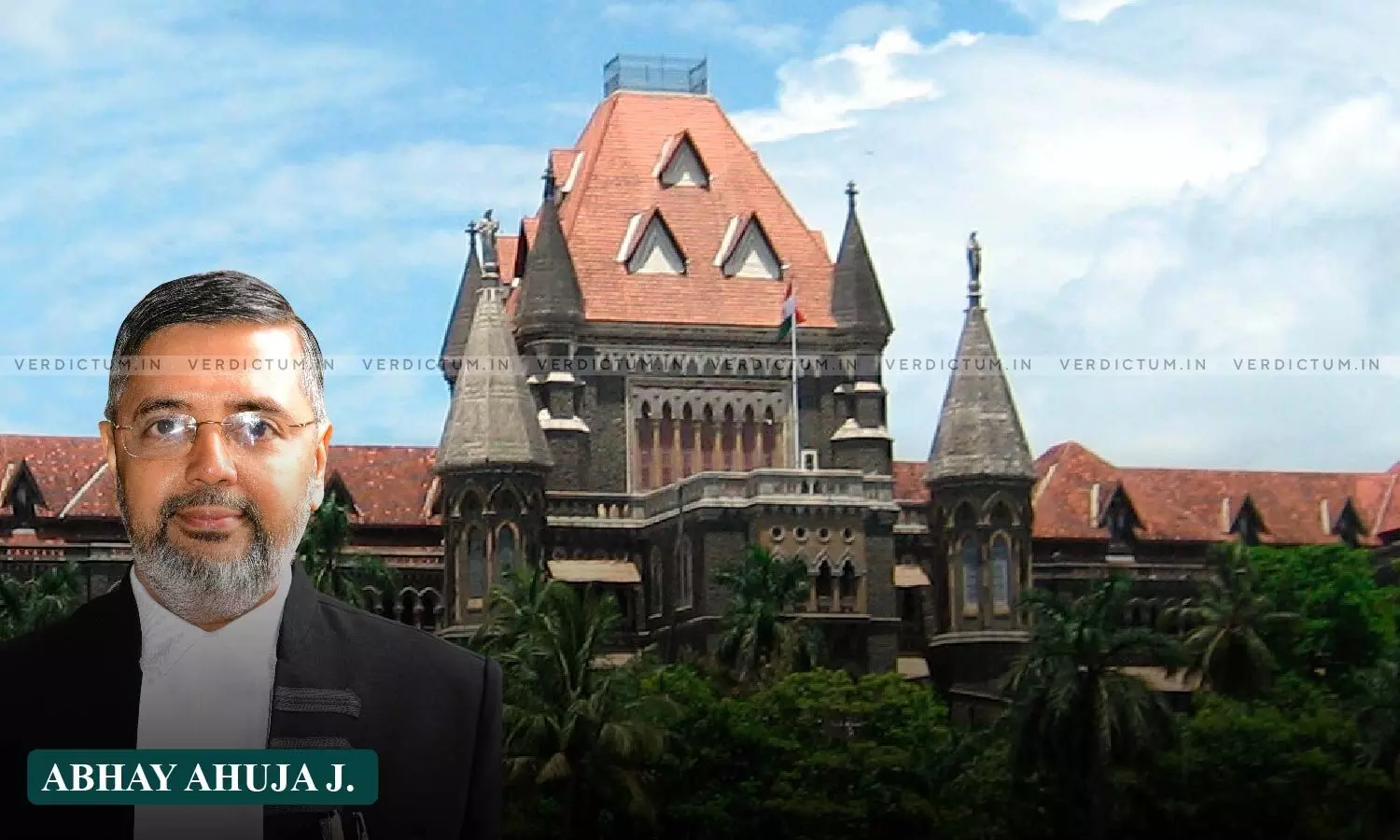
Dispute Arising Out Of Ordinary Transaction Between Banker & Customer For Recovery Of Fixed Deposit Is A Commercial Dispute: Bombay HC
 |
|The Bombay High Court has dismissed an interim application filed by the State Bank of India, which sought the rejection of a Commercial Summary Suit seeking recovery of fixed deposits of Rs 36 Crores with interest.
In that context, the Bench of Justice Abhay Ahuja observed that, "I hold that the dispute is a commercial dispute as defined under Section 2(1)(c)(i) of the Commercial Courts Act. The suit claim is of more than Rs.36,00,00,000/-, which is more than the specified value, and therefore, has correctly been registered under the commercial category as a commercial summary suit. I am, therefore, inclined to dismiss the application as the suit is not barred by the Commercial Courts Act."
The Plaintiff had placed fixed deposits with the State Bank of India (SBI) but alleged that Nikhil Roy, an SBI employee, had committed fraud and misappropriated funds. The Plaintiff claimed that Rs. 36,00,00,000/- had been withdrawn without their consent. SBI sought rejection of the suit under Order VII Rule 11 of the CPC, arguing that the suit involved fraud allegations and was not a commercial case.
SBI's advocate argued that the suit should not be considered a commercial dispute because it involved fraud and misappropriation, which did not fall under the definition of commercial disputes as per the Commercial Courts Act. On the other hand, the Plaintiff's advocate argued that placing fixed deposits with SBI was a commercial transaction. He emphasized that the relationship between the Plaintiff and the Defendant was that of creditor and debtor, and the dispute arose from the enforcement of fixed deposit receipts, which are mercantile documents.
The court had to decide whether the dispute qualified as a commercial dispute under Section 2(1)(c)(i) of the Commercial Courts Act, which defines commercial disputes broadly to include those arising from mercantile transactions and the enforcement of mercantile documents, specifying that disputes involving banking transactions fall under its purview.
The Plaintiff had deposited Rs. 45 crore with SBI, out of which Rs. 9 crore had been repaid, leaving Rs. 36 crore outstanding. The Plaintiff alleged that this remaining amount had been fraudulently withdrawn and diverted, with some of it traced to another cooperative bank in Gujarat. Criminal proceedings related to the fraud were also pending.
The Court observed that, "the Defendant – bank which is a banking company / banker, has in the ordinary course of its business, accepted the deposits of money from the Plaintiff – Board which is repayable on demand or maturity and issued fixed deposit receipts which are mercantile documents and the suit has been filed for enforcement of the fixed deposit receipts, as the Defendant – bank had failed to repay the amounts payable to the Plaintiff – Board, despite demand / legal notice for recovery, therefore, in my view, the dispute is a commercial dispute, squarely falling within the definition of commercial dispute as defined under Section 2(1)(c)(i) of the Commercial Courts Act."
It was also further noted that, "there are criminal proceedings pending against the Manager of the Defendant – Bank or other co-conspirators for fraud committed on the Defendant – bank or that, there has been a purported siphoning off / embezzlement of funds, would not, in my view, change the character or nature of the dispute, to not being a commercial one."
Cause Title: Bombay Iron & Steel Labour Board vs State Bank of India
Click here to read/download the Judgment